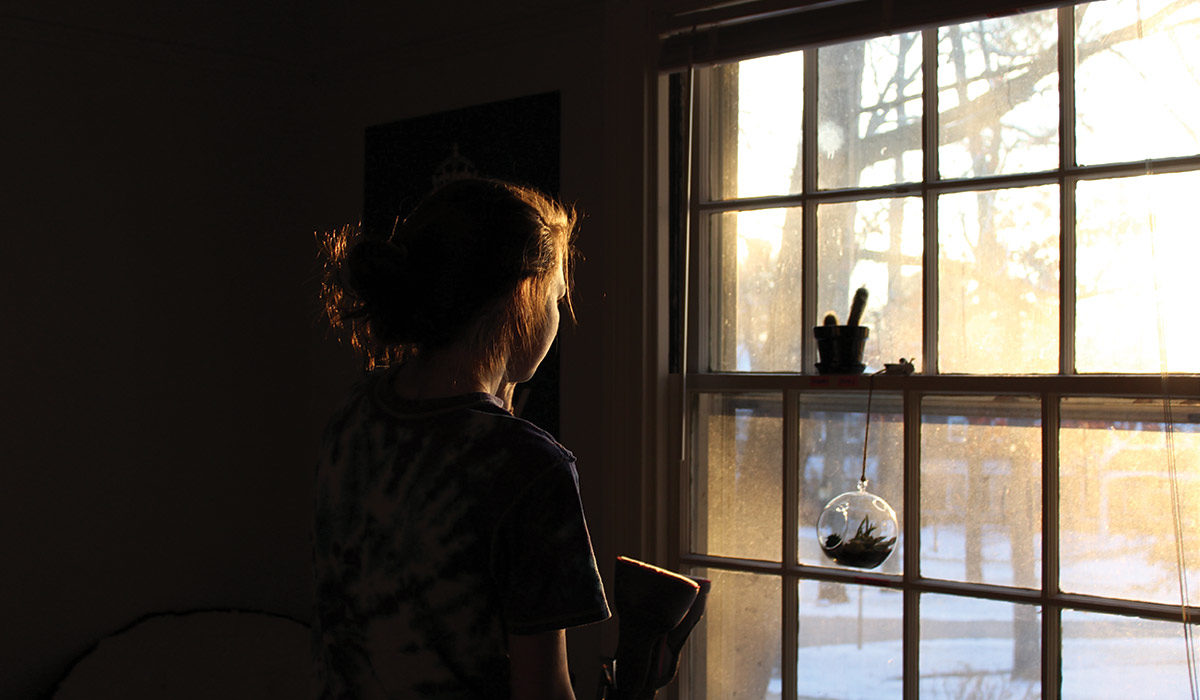New Year, New You and Other Lies We Believe

A few years ago on New Year’s Eve I sat around a room with friends and we began to talk about our hopes for the new year. As we talked, I began to ponder the idea of change. Can we really change after a certain point or are we stuck in time, having lost our capacity to bend and mold as we could when we were younger? Most of us sitting around my fireplace that night had young kids sleeping in various places around the house, and we, as their parents, were exhausted, drinking one too many glasses of champagne that would come back to bite us the next morning as our children would inevitably wake at an ungodly hour welcoming in the New Year.
Our exhaustion was coupled with a gnawing sense that this may be as good as it gets. Can we change? Can we become more healed? Can we know more love, more of God, get back into shape, eat healthier, drink less, and become more alive? Or is this the point where we call a spade a spade and release ourselves to a life of maintenance where nothing is ever enough?
You could see each of us looking at the other, wondering how to reconcile our desire for more with our weary hearts, trying to stay awake until the stroke of midnight and celebrate another year lived. But in truth, our hearts felt deflated as we silently considered our longings for this one, beautiful life while knowing we may not have enough energy left to make a difference.
It brought into focus my theology of healing. In that moment, none of us had any energy left to make a new resolution, to commit to a new hobby, to try and find more time for our spouse, or to spend more time praying or reading scripture. Life had taken us to the edge of our margin and we all knew it. Even that night, the anticipation of an early wake up call from our bubbly, energetic, needy kids was enough for us to admit defeat before we could even muster the semblance of a fight. So how in that state of hopelessness, how do you grapple with a longing for more despite a heart that feels dead inside, a body that could sleep for weeks, and a bank account that dwindles with each passing crisis? We went to bed grateful for good friends who shared this struggle, but with little to no resolve or answers to our questions.
Many of us are pondering what 2020 will bring and who we want to be this year. Around this time every year, I hear the phrase floating around that is meant to bring motivation and renewed commitment: ”New Year, New You.” That phrase seductively propels us toward the fantasy that things can be better if we just try harder, or become more resolute or more disciplined.
This time every year I feel desperate to find something that will move me past the depression that often follows the holiday season to help bolster me toward a new season of hope and life. In reality, “New Year, New You” is all a lie. We are still “us” as the new year rolls over and celebrate the start of something new. But the truth is, I am the same on January 1 as I was December 31 and I think the real invitation for the new year is one of allowing ourselves to acknowledge where we are— the good, the bad and the ugly— and then grieve the fact that we are tired, overwhelmed, devastatingly alone, and unsure how we are going to make it through this season.
I wonder what healing would come if we let our heartache set in instead of overriding it. My guess is our hearts would rest and reset knowing there will not be more demand for our performance or resolve, but a soft space to land as we reflect on the year we lived as best as we could. I wonder if our commitment is to grace, kindness, and grief, maybe we would find the life we are hoping for, but without the cruel intentions that come from judgment and self-contempt that so often lace our resolutions for a different life.
We are seduced by “New Year, New You” and the promise of resolutions because they allow us to ignore our heartache. We can choose to power up, start over, and become better without having to let our bodies dip down into the chasm of grief. I have found that when we override this chasm and jump to resolution, we ignore the part of our heart that needs tending to.
This does not mean that we can’t try and keep our homes cleaner, be more committed to health, get outside more, or take that trip to Paris, but I think we can move toward that life in a countercultural way that lets us truly and intentionally sink into just how difficult this life is to live and be grateful that for the most part, we are doing it really well.
